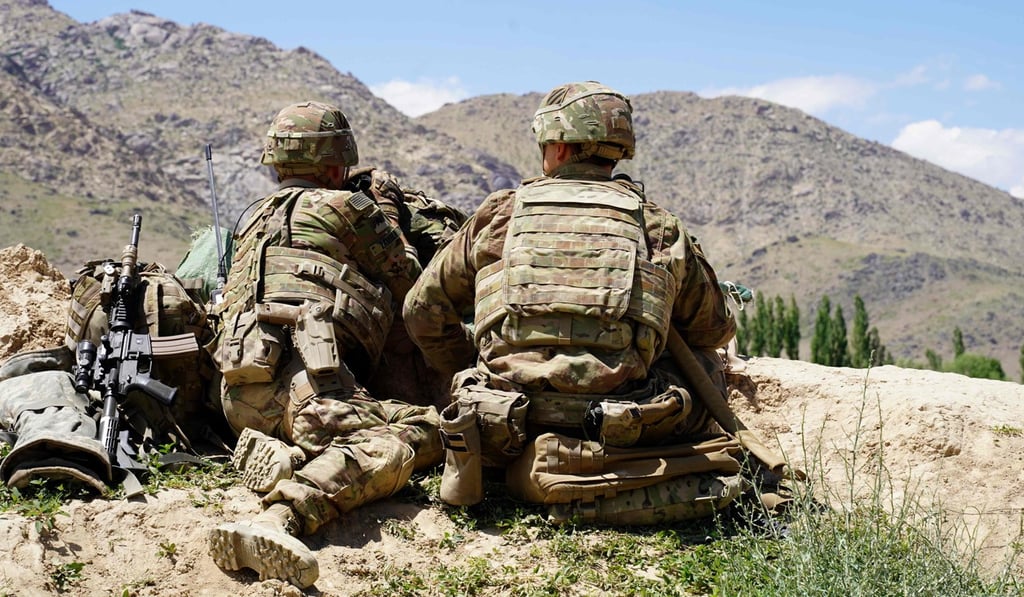Analysis | Dual Afghan presidents lead to constitutional crisis and double trouble for US peace talks
- With Ashraf Ghani and Abdullah Abdullah both declaring themselves president, Afghanistan’s shaky government foundation has been exposed
- The squabble threatens the proposed US-Taliban peace deal and leaves Afghanistan at the edge of a political precipice

Following a protracted delay in vote counting, which election commission officials blamed on malfunctioning biometric machines, and a subsequent dispute over which votes should be included in the final tally, Ashraf Ghani was finally declared the winner of the September election on February 18 – around the same time US special envoy Zalmay Khalilzad and the Taliban’s political chief, Mullah Abdul Ghani Baradar, reached an agreement in Doha on the terms for peace.
Awarded fractionally more than half of the ballot, Ghani was able to avoid a run-off against arch rival Abdullah Abdullah, the outgoing chief executive of the so-called National Unity Government cobbled together by erstwhile US Secretary of State John Kerry in 2014, after a similarly disputed presidential ballot.
The official result, however, did not prevent Abdullah from declaring himself the winner and forming his own government. Both presidents were sworn in on Monday at venues in Kabul a stone’s throw from each other after Khalilzad was unable to mediate a new power-sharing arrangement, despite shuttling between Ghani and Abdullah.
“We tried our best, we worked until 4.30am on the day of the twin inaugurations,” Khalilzad said in an interview with Afghan broadcaster Tolo News. “A meeting was also held between Ghani and Abdullah. Unfortunately, we could not manage to reach a conclusion.”
